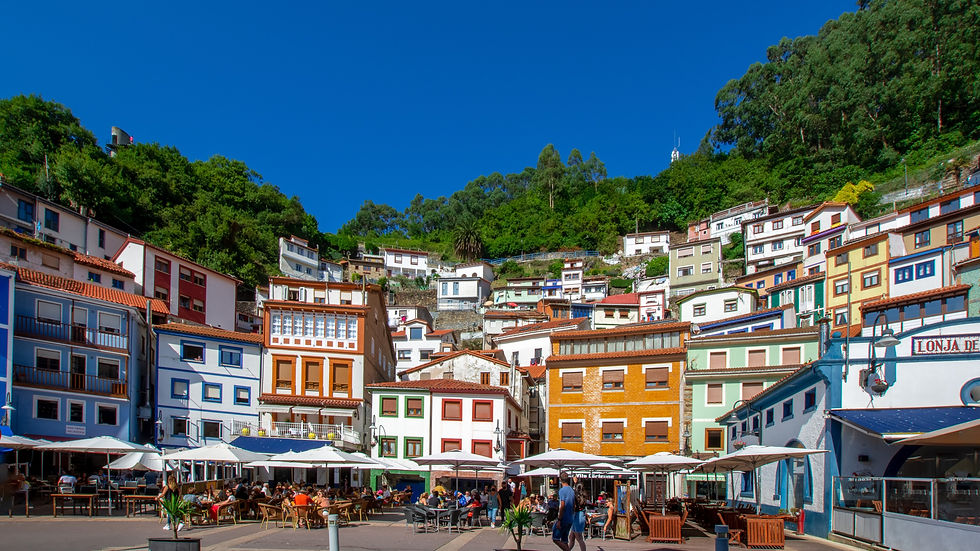Avoiding Malaria On Your Travels
- World Travel Clinic
- Jul 4, 2023
- 2 min read

Planning a holiday in a malaria-endemic region can be an exciting adventure, but it's important to prioritize your health and take necessary precautions to prevent malaria. Malaria is a serious mosquito-borne disease that can have severe consequences if left untreated. In this blog post, we will provide you with essential tips to help you stay protected and enjoy a safe and memorable vacation.
Consult a Travel Health Professional: Before embarking on your journey, schedule a visit to a travel medicine clinic or consult a healthcare professional experienced in travel health. They will assess the malaria risk at your destination and provide personalized advice on preventive measures and medication options.
Take Antimalarial Medication: Based on the malaria risk level, your healthcare professional may prescribe antimalarial medication. Ensure you start the recommended medication before your trip, adhere to the prescribed dosage, and continue taking it for the recommended duration after your return. Remember, antimalarials are most effective when taken consistently and as directed.
Use Insect Repellent: Mosquito repellents containing DEET, picaridin, or IR3535 are highly effective in keeping mosquitoes at bay. Apply the repellent to exposed skin and clothing, following the instructions on the product label. Reapply as needed, especially during dawn and dusk, when malaria-transmitting mosquitoes are most active.
Wear Protective Clothing: Covering your skin is an additional barrier against mosquito bites. Opt for lightweight, long-sleeved shirts, long pants, socks, and closed shoes. Treating your clothing with permethrin is also recommended, as it provides added protection against mosquitoes. Remember to tuck your pants into your socks and ensure no gaps for mosquitoes to enter.
Stay in Screened Accommodations: Whenever possible, choose accommodations that have screened windows and doors. This helps to create a mosquito-free environment indoors. Alternatively, sleep under bed nets treated with insecticide. Ensure the nets are intact, properly tucked under the mattress, and cover the entire sleeping area.
Minimize Outdoor Exposure: Mosquitoes that transmit malaria are most active during dawn and dusk. Limit your outdoor activities during these times, and if you do venture out, take extra precautions. Wear light-colored clothing, as mosquitoes are less attracted to lighter colors, and consider using mosquito coils or plug-in repellents for added protection.
Eliminate Mosquito Breeding Sites: Be proactive in reducing mosquito breeding sites around your accommodation. Empty any containers or areas of standing water, such as flower pots, buckets, or blocked gutters. Mosquitoes breed in stagnant water, so eliminating these breeding grounds significantly reduces the risk of mosquito bites.
Be Aware of Symptoms: Educate yourself about the early symptoms of malaria, including high fever, chills, headache, muscle aches, fatigue, nausea, and vomiting. If you experience any of these symptoms during or after your trip, seek medical attention immediately, and inform your healthcare provider about your travel history.
Conclusion: By following these essential tips for malaria prevention while on holiday, you can greatly reduce the risk of contracting this serious disease. Remember to consult a healthcare professional for personalized advice, take antimalarial medication as prescribed, use insect repellents, wear protective clothing, and be vigilant about eliminating mosquito breeding sites. With these precautions in place, you can have a safe and enjoyable trip, free from the worries of malaria.





Comments